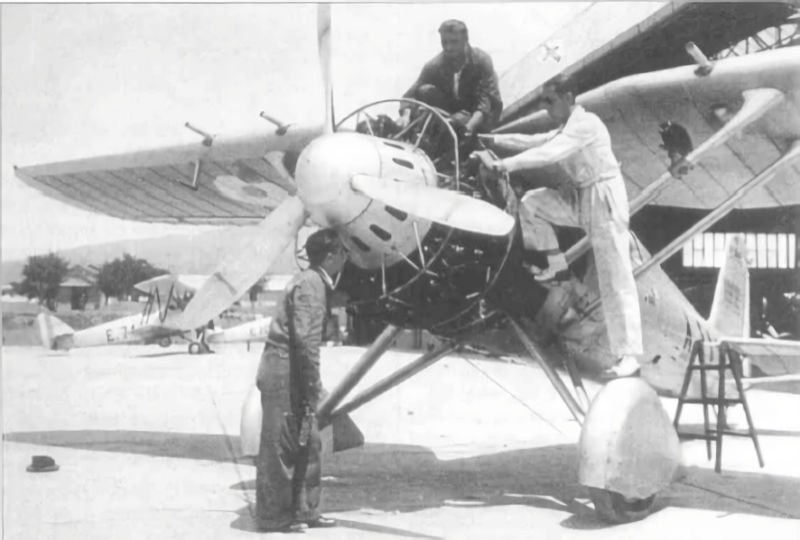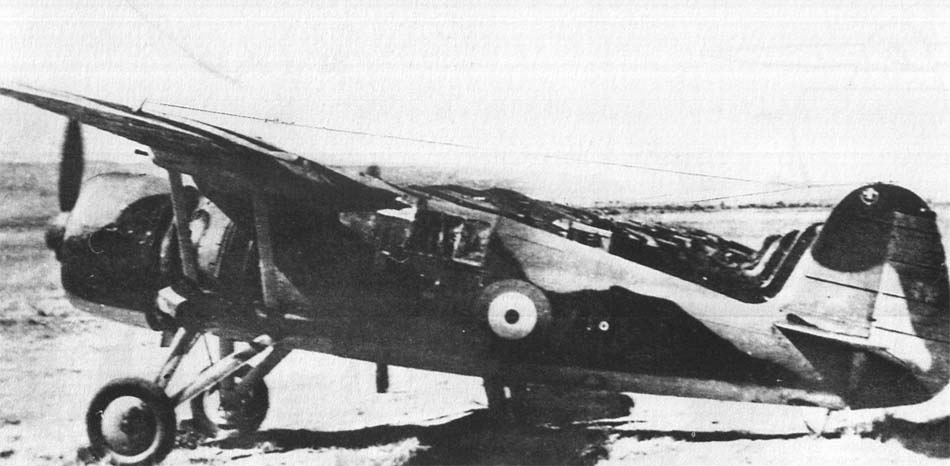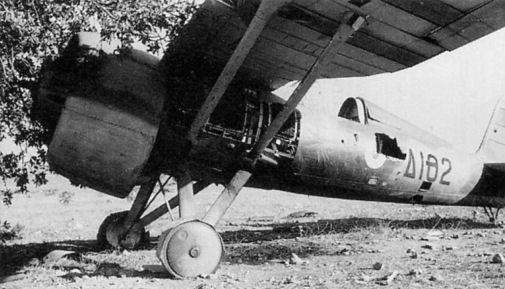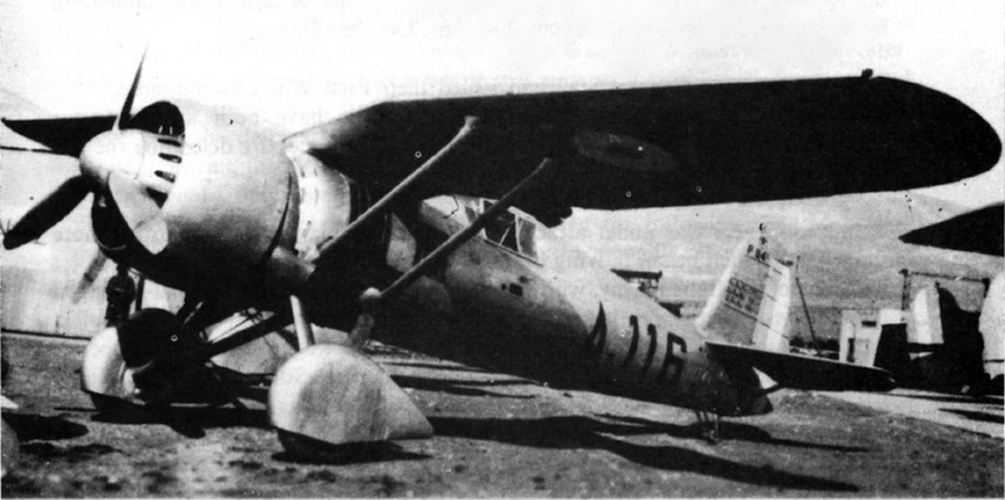PZL P.24 in Greek Service
PZL P.24 Overview
The PZL P.24 was a Polish-designed monoplane fighter developed in the mid-1930s by Państwowe Zakłady Lotnicze (PZL). It was a further development of the successful PZL P.11, fitted with the more powerful Gnome-Rhône radial engine. Unlike the P.11, which was primarily for Polish service, the P.24 was specifically intended for export, as licensing restrictions on the British Bristol Pegasus engine (used in the P.11) prevented its sale abroad.
The P.24 featured a gull-wing configuration, open cockpit, fixed undercarriage, and was heavily armed for its time, with versions carrying 2–4 machine guns or 2 machine guns plus 2 × 20 mm cannon. It proved attractive to countries seeking to modernise their fighter fleets in the late 1930s. Although never operated by Poland itself, it became one of the most widely exported Polish aircraft prior to the Second World War.
Use by Greece
Greece purchased 30 PZL P.24F and 6 PZL P.24G fighters between 1938 and 1939. Although a production licence was purchased, only one P.24F was completed. The P.24F was armed with 2 × 20 mm cannons and 2 × 7.92 mm machine guns, while the P.24G carried 4 × 7.92 mm machine guns.
When Italy invaded Greece in October 1940, the P.24s formed the backbone of the Royal Hellenic Air Force. Despite being outclassed in speed by Italian Macchi C.200s and Fiat G.50s, Greek pilots achieved considerable success, exploiting the P.24’s manoeuvrability and heavy cannon armament. P.24s flew both interception missions and ground attack sorties during the Greco-Italian War.
When Germany launched its invasion of Greece in April 1941, the P.24s fought against overwhelming odds. Many were destroyed on the ground, but a number of aerial victories were scored against the Luftwaffe. By the end of the Balkan campaign, virtually all Greek P.24s had been destroyed, either in combat or by retreating crews to prevent capture.












